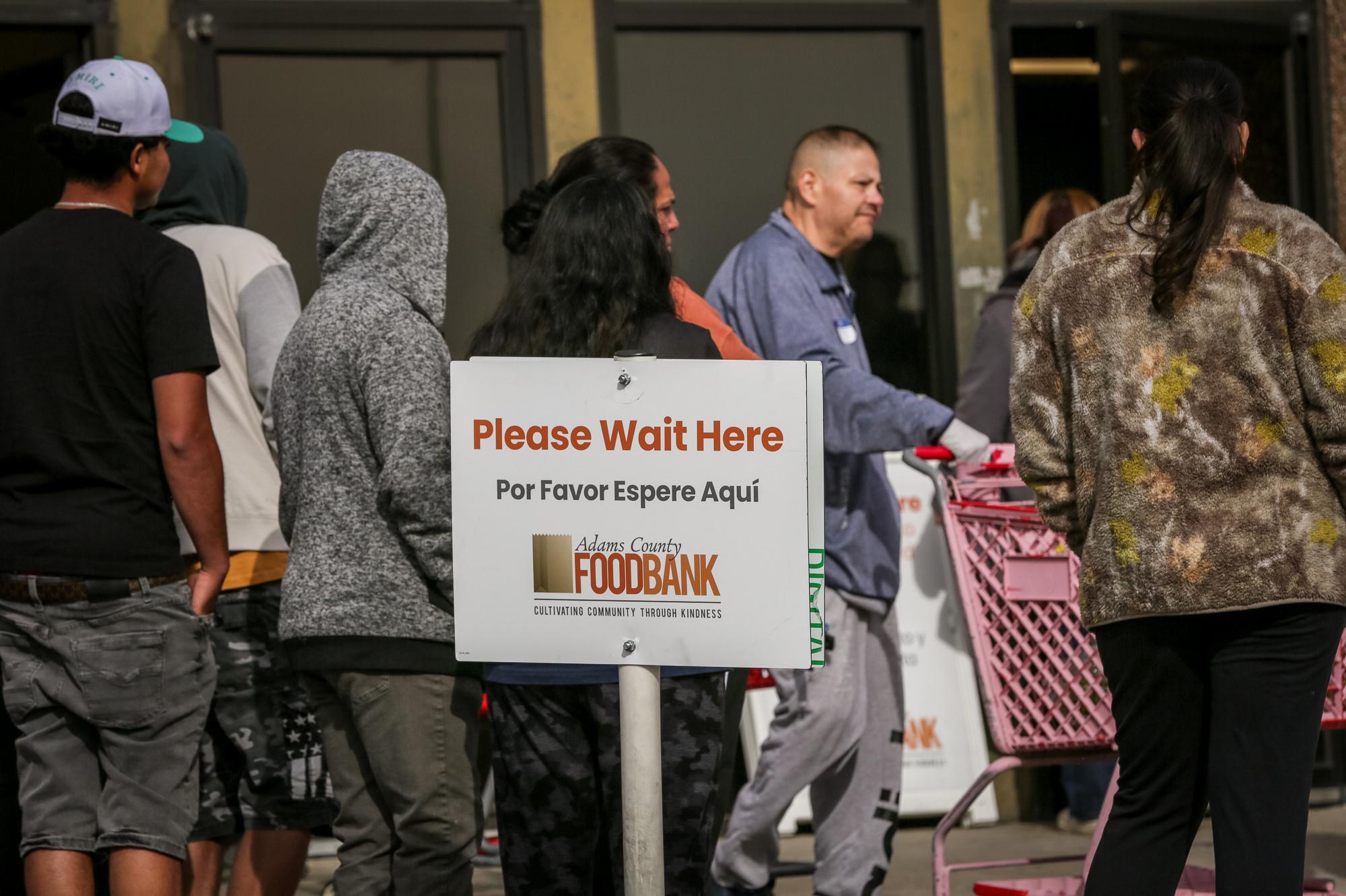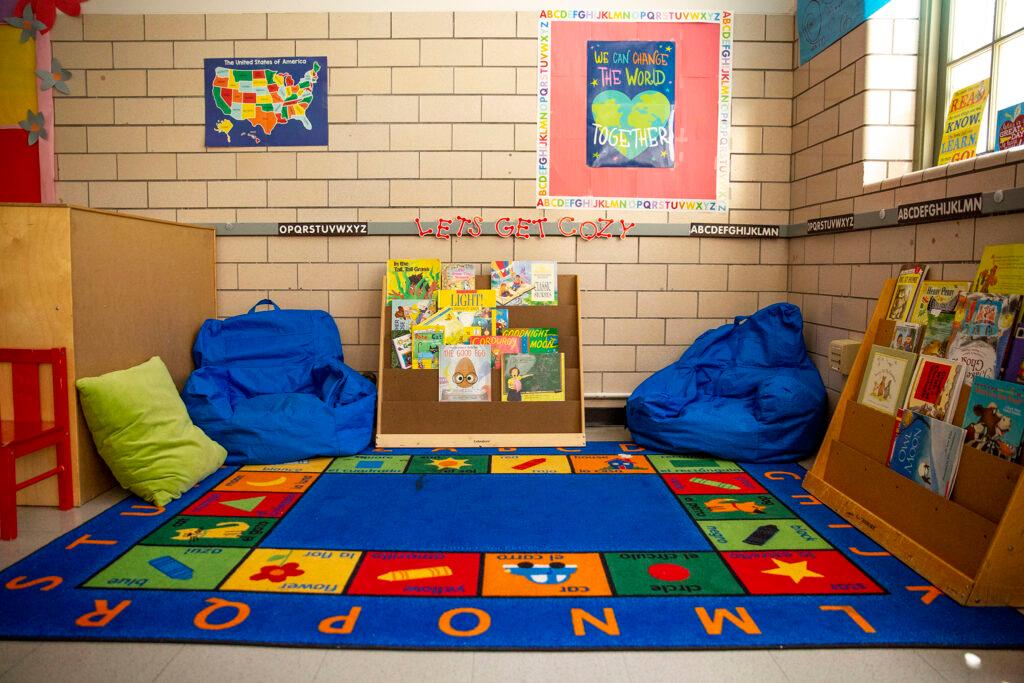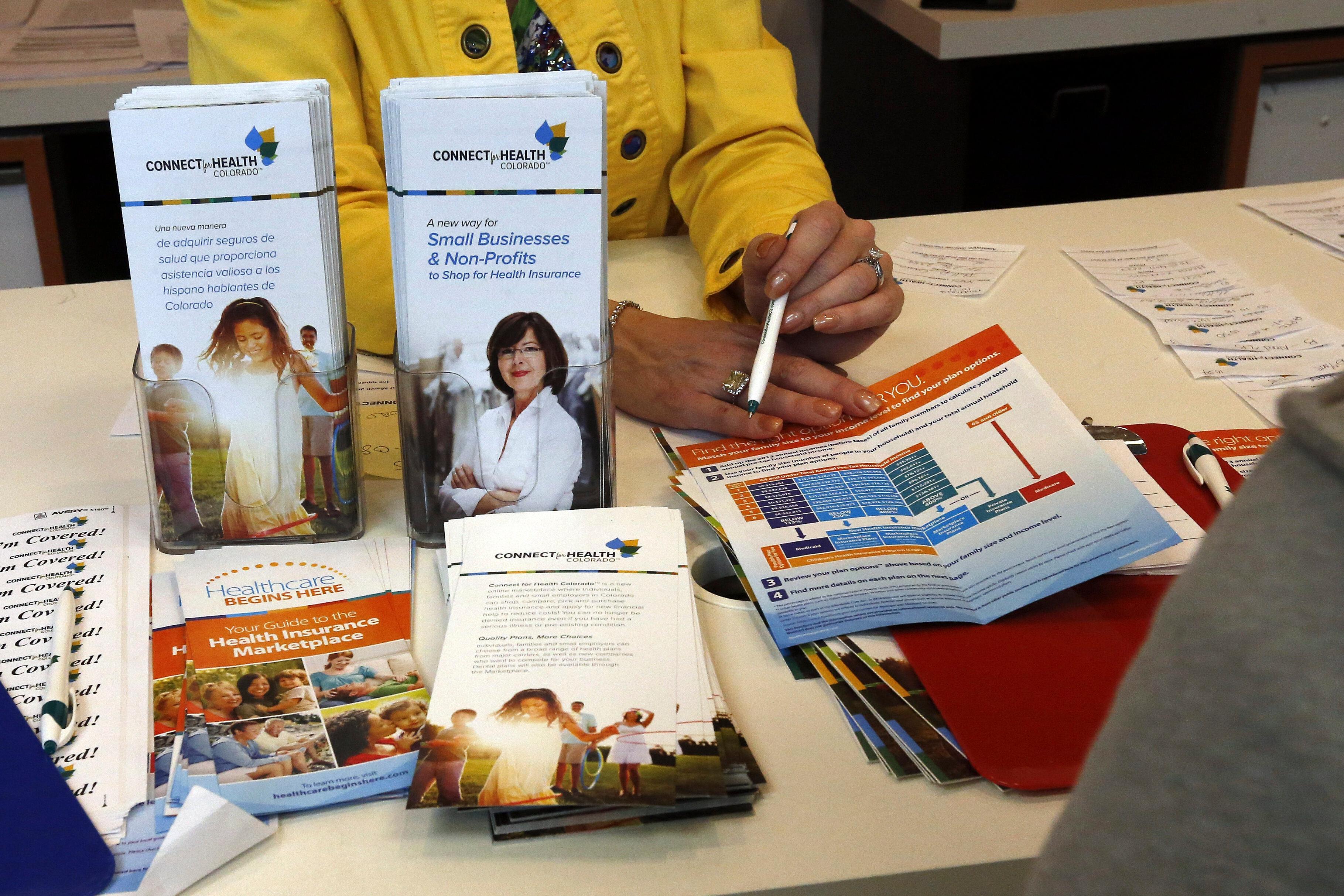
Updated 10:08 a.m., November 09, 2025:
Late Friday evening, Supreme Court Justice Ketanji Brown Jackson, who oversees the 1st Circuit Court of Appeals, paused the ruling that required the federal government to immediately pay full SNAP benefits. According to SCOTUSblog, Justice Jackson issued the administrative stay while the appeals court gives more consideration to the merits of the case.
The state says it distributed full benefits to 32,000 SNAP recipients before the Justice issued her order. However, payments for the remaining 560,000 Coloradans enrolled in the program remain blocked. Colorado officials said they had received no updated guidance from the U.S. Department of Agriculture as of late Friday night.
On Sunday morning, the New York Times reported that the USDA is demanding states which have paid out full benefits claw back that money from recipients, or risk financial penalties from the federal government.
Our original story continues below:
After the U.S. Department of Agriculture said Friday it would comply with a federal court ruling and issue full November federal food aid, Colorado announced some recipients could start seeing benefits on their EBT cards as soon as Saturday.
That will come as welcome news to the 600,000 Coloradans, half of whom are children, who rely on SNAP funding to help buy groceries each month.
"SNAP is an essential program to ensure every individual has access to healthy food, and no family or child should have to go hungry because of a government shutdown,” Colorado Department of Human Services Executive Director Michelle Barnes said in a statement.
CDHS said it has started the process to get its share of SNAP dollars from the federal government, and is working to get those benefits into people’s accounts over the weekend.
An appeals court on Friday let stand, at least temporarily, a lower court ruling ordering USDA to use emergency funds to pay SNAP benefits.
However, the court fight is not over. The Trump administration said Friday evening it is filing an emergency application to the U.S. Supreme Court, asking it to step in.
On X, U.S. Attorney General Pam Bondi called the appeals court's action, "Judicial activism at its worst."
"A single district court in Rhode Island should not be able to seize center stage in the shutdown, seek to upend political negotiations that could produce swift political solutions for SNAP and other programs, and dictate its own preferences for how scarce federal funds should be spent," wrote Bondi.
The lawsuit was filed in Rhode Island by a group of cities and non-profits. Colorado is part of another lawsuit demanding that the Trump administration utilize contingency funding to pay SNAP benefits.
“If it’s true, I think that’s great,” said Democratic Sen. Michael Bennet, of the news that November benefits might be paid. Bennet serves on the Senate Agriculture Committee and has called on the Trump administration to fully fund SNAP. “I hope that they are fulfilling their legal obligations. The courts resoundingly said they needed to do so.”
Even before the appeals court weighed in, some other states, such as New York and Pennsylvania, started to say they will issue full benefits as soon as this weekend.
The response comes from a lawsuit filed by cities and non-profits after the administration said it would halt funding in November. Colorado was part of another lawsuit demanding that the Trump administration utilize contingency funding to pay SNAP benefits.
Colorado Attorney General Phil Weiser said he was grateful for the appeals court's ruling.
"Issuance of these benefits is required by law, and the federal government has a legal and moral obligation to send funds to the state so that the more than 600,000 Coloradans who receive SNAP benefits can feed themselves or their families," said Weiser in a statement.
USDA warned in October that it would not pay out SNAP benefits starting November 1 because of the government shutdown.
- With SNAP benefits in limbo, Colorado food banks see jump in need
- Federal judges rules Trump must continue funding SNAP during government shutdown
- Colorado lawmakers approve $10 million to bolster food banks as SNAP benefits dry up
- As SNAP benefits become the next shutdown casualty, Colorado food banks brace for impact
- Empty shelves, growing lines: Colorado food banks adjust to a decrease in supply and an increase in demand








